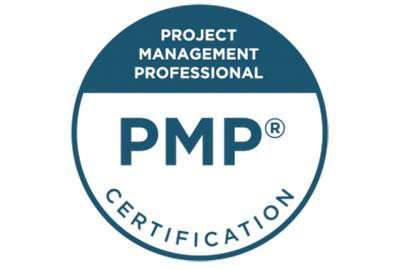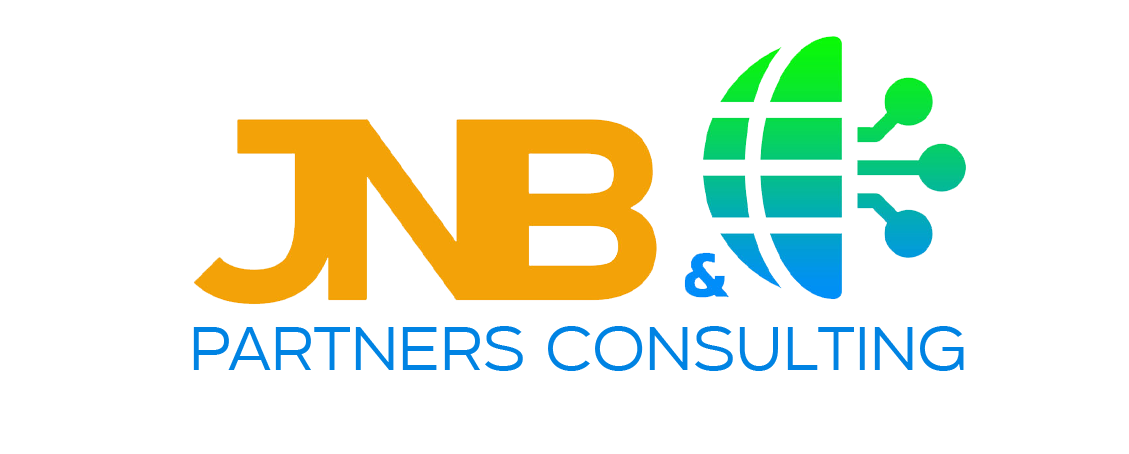
PMP certification preparation
Objective
Program
Duration and prerequisites
Cost
Objective
This certification, issued by the PMI (Project Management Institute) is recognized worldwide.
It requires a real commitment and proven experience in the world of project management.
The PMP certification covers both technical and soft skills and prepares the participant to be a complete project manager.
Program
THE FUNDAMENTALS OF PROJECT MANAGEMENT
- Definition of a project, a program, a project portfolio
- The project management framework
- Functional, matrix or dedicated project organizations
- Review of the fundamentals of project management
- The PMBOK
- The life cycle of a project
- Project stakeholders
- The socio-cultural and environmental context
- The environmental factors of the company
- The 10 domains of Project Management
- Develop the project charter
- Develop the project management plan
- Directing and managing project work
- Manage project knowledge
- Control the project work
- Controlling changes
- Close the project or phase
- Techniques: project selection, profitability calculations
- Historical information and project knowledge base
- Plan the management of the scope
- Gathering requirements
- Define the scope
- Create the WBS
- Validate the scope
- Control the scope
- Project schedule management (Area 3)
- Plan the schedule management
- Define activities
- Organize activities in sequence
- Estimate the duration of activities
- Develop the schedule
- Mastering the schedule
- Techniques: network diagrams, Gantt, CPM, arrow diagram
- Planning techniques
- Plan cost management
- Estimate costs
- Determine the budget
- Controlling costs
- Planning techniques
- S-curves
- Earned value technique
- Plan quality management
- Manage quality
- Controlling Quality
- History of Quality
- Factors and costs of quality
- Control chart, Pareto chart, Ishikawa and other quality tools
- Plan the management of resources
- Estimate the resources of the activities
- Obtain resources
- Develop the team
- Manage the team
- Controlling resources
- Representation of the organization (RACI matrix, roles and responsibilities matrix)
- Motivation
- Conflict management
- Plan communication management
- Managing communications
- Controlling communications
- Plan risk management
- Identify risks
- Perform qualitative risk analysis
- Perform quantitative risk analysis
- Plan risk responses
- Execute risk responses
- Controlling risks
- The Expected Monetary Value Technique
- Monte Carlo Analysis
- The decision tree
- Plan procurement management
- Conduct procurement
- Controlling procurement
- Types of contracts and tender management
- Supplier selection
- Contracts (administration, clauses, closing)
- Just-in-time
- Logistics
- Identify stakeholders
- Plan stakeholder engagement
- Managing stakeholder engagement
- Controlling stakeholder engagement
- Summary of PMI deliverables
- Code of Ethics and Professional Conduct
- Tips for taking the PMP exam
- The PMI PMP Exam
- The PMP Eligibility File
- The PDU system and maintaining PMP certification
- PMP exam reviews from day one to the last day.
- Passing the PMP exam after the training.
- This PMP certification exam consists of a 180 question MCQ.
- Duration of the exam: 230 minutes
Duration and prerequisites
Duration: 5 days
PRE-REQUISITES
There are no prerequisites to follow this training. It is only preferable that the participant is familiar with project management or has worked in a project environment.
To take the PMP exam, a file that corresponds to a request for authorization to take the exam (eligibility file) must be filed on the PMI website. This step is not complex, but it should not be neglected. We have a complete chapter on this subject during our training. The prerequisites for this eligibility are related to your professional experience. It is recommended to have at least 5 years of professional experience to be eligible. Do not hesitate to contact our training experts to discuss this.
Cost
Cost: Contact us
